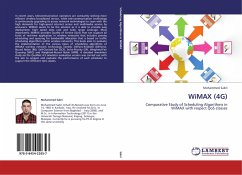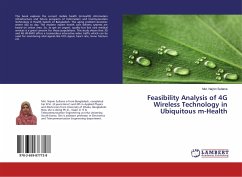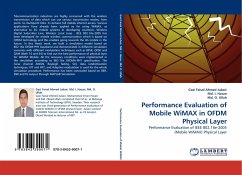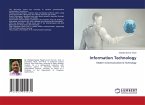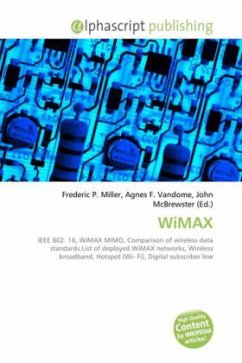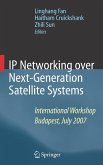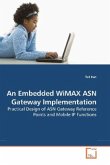In recent years, telecommunication operators are constantly seeking more efficient wireless broadband service, while tele-communication technology is continuously upgrading its access network technologies to cope with the high demands for high-speed internet access and multimedia service by end-users. WiMAX seems to be the solution as it is able to provide easy deployment, high speed data rate and wide range coverage. Most importantly, WiMAX provides Quality of Service (QoS) that can support all kinds of real-time application in wireless networks that includes priority scheduling and queuing for bandwidth allocation that is based on traffic scheduling algorithms within wireless networks. This book aims to evaluate the implementation of the various types of scheduling algorithms of WiMAX wireless network technology namely: Diffserv-Enabled (Diffserv), Round Robin (RR), Self-Clocked-Fair (SCF), Strict-Priority (SP), Weighted-Fair Queuing (WFQ) and Weighted-Round Robin (WRR). A detailed simulation study via the QualNet 4.5 simulator evaluation version was carried out with the aim to analyze and evaluate the performance of each scheduler to support the different QoS classes.
Bitte wählen Sie Ihr Anliegen aus.
Rechnungen
Retourenschein anfordern
Bestellstatus
Storno

